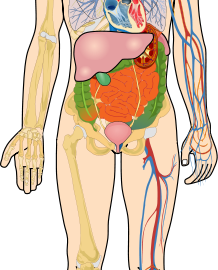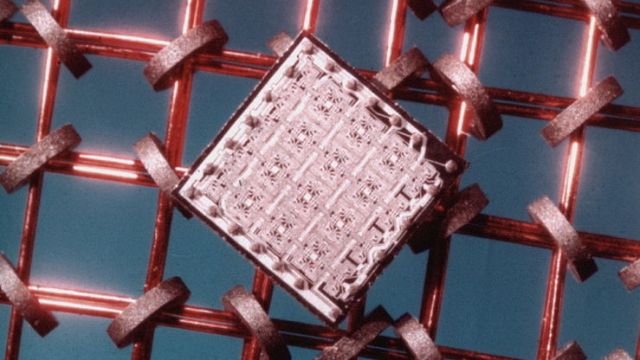Growing Organs Inside Computer Chips

What’s the Latest Development?
Researchers at the University of Wisconsin, Madison, have successfully isolated cells from mice organs and kept them alive inside tiny computer chips. “Each micro-organ contains a living core of animal cells sustained by nutrient-rich fluids, and all are revealing how cells respond inside the body in a way that traditional cell cultures cannot.” Harvard scientist Donald Ingber says these micro-organs can be used to model how human organs respond to drugs. He thinks that they even have the potential to eliminate the use of animals in drug testing.
What’s the Big Idea?
The development of micro-organs has several weighty implications for the future of health care. Firstly, if organ tissues can be isolated and maintained outside the body, scientists can apply drugs directly to the tissue. In this scenario, the need for human subjects in drug trials may one day vanish. Secondly, it could bring about personalized medicine. If an individual’s organ tissue can be isolated and then given a drug directly, interactions between the drug and the patient’s tissue could be observed in the laboratory, rather than subjecting the entire patient’s body to the drug.





